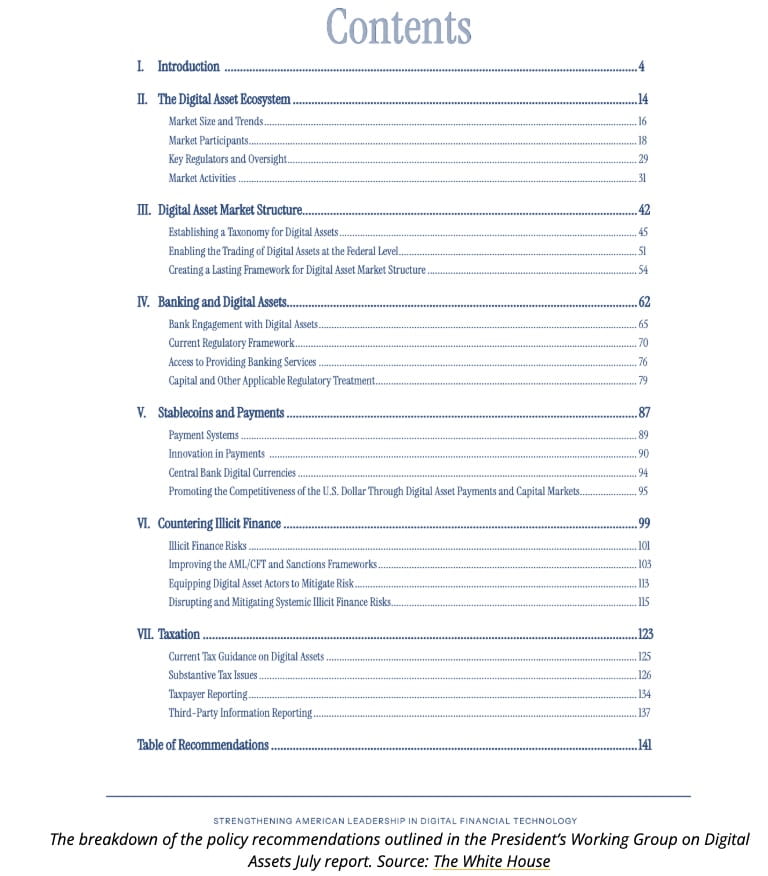Key Takeaways:
SEC Chair Paul Atkins unveils Project Crypto, a sweeping plan to update U.S. crypto regulations.
Proposal includes eased licensing, clearer market structure between securities and commodities, and protection of self-custody rights.
Move aligns with the White House’s July digital asset policy report, signaling deeper collaboration between the SEC and CFTC.
The U.S. Securities and Exchange Commission (SEC) has launched “Project Crypto,” a new regulatory initiative aimed at modernizing the agency for digital finance and creating a clear framework for cryptocurrencies.
Announced by SEC Chair Paul Atkins, the initiative responds directly to policy recommendations in the White House’s recent report, Strengthening American Leadership in Digital Financial Technology.
“Many of the Commission’s legacy rules do not make sense in the twenty-first century — let alone for on-chain markets,” Atkins said.
“The SEC must revamp its rulebook so that regulatory moats do not hinder progress and competition.”
What Is Project Crypto?
Atkins outlined several proposed reforms designed to remove regulatory uncertainty and encourage innovation:
Eased licensing rules – allowing brokerages to offer multiple asset classes under one license.
Market structure clarity – defining most cryptocurrencies as commodities, with securities treatment reserved for traditional instruments.
Innovation grace periods – early-stage crypto projects, ICOs, and decentralized software could receive temporary exemptions to avoid premature litigation.
Self-custody protection – enshrining the legal right for individuals to hold their own crypto assets.
DAO flexibility – rejecting the idea that businesses must form DAOs simply to bypass regulatory burdens.
Part of a Larger Regulatory Shift
Project Crypto signals a major departure from the SEC’s previous “regulation by enforcement” stance, marking a more pro-crypto approach under Atkins.
Since taking the helm, Atkins has:
Approved multiple crypto ETF applications.
Clarified staking rules, stating that income from staking on proof-of-stake blockchains is not a securities transaction.
Authorized in-kind ETF creations and redemptions in July, improving cost efficiency for institutional investors.

White House & CFTC Alignment
The White House’s July report called for a joint oversight framework between the SEC and the Commodity Futures Trading Commission (CFTC) — granting the CFTC sole authority over spot crypto markets while sharing broader regulatory responsibilities with the SEC.
The recommendations also cover:
Stablecoin policy
Illicit finance measures
Banking regulations
Crypto taxation frameworks
